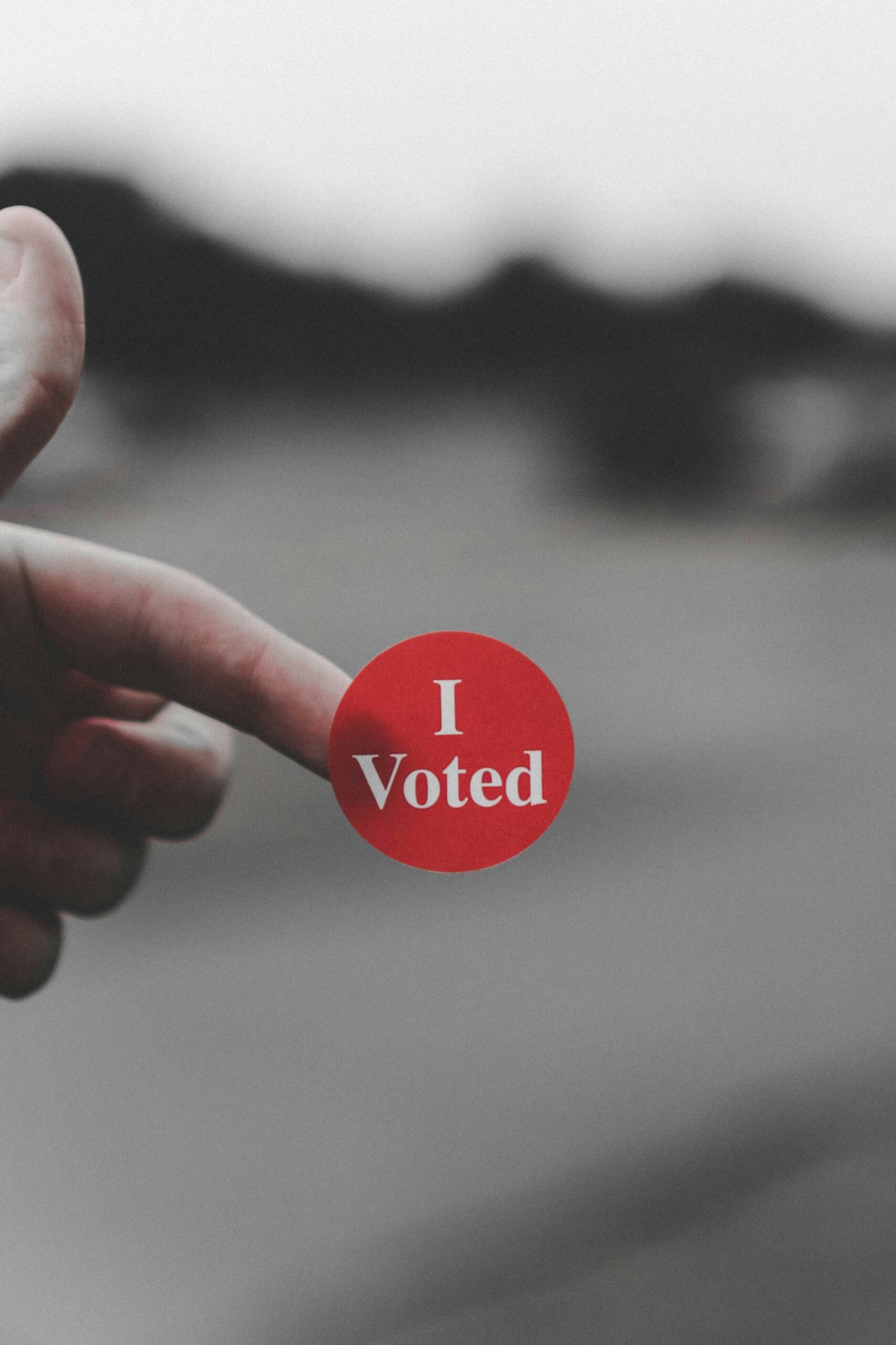Overview of Brazil’s Political Landscape
Brazil’s political landscape is characterized by a complex interplay of power dynamics, historical trends, and recent developments. The rise of Jair Bolsonaro, who became the President of Brazil in 2019, marked a significant shift towards far-right ideologies within the country’s governance. However, Bolsonaro’s presidency has been mired in controversy, and recent legal challenges, including a court ruling that bars him from holding public office, pose substantial implications for his political future and Brazil’s political arena.
Bolsonaro’s administration has faced scrutiny over various policies and decisions, particularly regarding public health, environmental issues, and civil rights. The legal ruling against him not only disrupts his immediate career trajectory but also raises questions about the sustainability of far-right politics in Brazil, especially in the face of mounting opposition and public discontent. As the political environment evolves, his response to these challenges will be critical in determining his influence over the political sphere and might redefine the strategies employed by similar far-right figures.
The implications of Bolsonaro’s legal issues extend beyond his personal political fate. They reflect the broader trends of polarization within Brazilian society, where a significant portion of the electorate continues to support his vision, while others are increasingly wary of the consequences of his leadership. This dichotomy plays a vital role in shaping electoral strategies, party realignments, and the potential emergence of new political movements. In light of Trump’s victory reshaping perceptions and strategies in far-right politics globally, Bolsonaro’s situation presents a unique case study for analyzing how external influences can impact local political landscapes.
As Brazil navigates these turbulent waters, the response from both Bolsonaro and his opponents will likely determine the trajectory of Brazilian politics for years to come, raising critical questions about governance, accountability, and the future of democracy in the nation.
Parallels Between Trump and Bolsonaro
Donald Trump and Jair Bolsonaro represent two notable figures in the contemporary political arena, both characterized by their populist strategies and similar political styles. At the core of their appeal lies a shared narrative that resonates deeply with their supporters: a fervent nationalist ideology coupled with a strong anti-establishment sentiment. These themes not only define their political platforms but also serve to rally their respective electorates around a vision that positions them against established political norms.
Both leaders have harnessed the power of social media to directly engage with their bases, effectively bypassing traditional media channels. This approach has allowed them to communicate unfettered, sharing messages that emphasize their mutual disdain for political elites and mainstream media. In this manner, they have cultivated a brand that resonates with those who feel marginalized or overlooked by the political establishment. Their messaging often capitalizes on collective grievances, portraying themselves as the ultimate defenders of their respective nations against perceived threats.
Moreover, Trump and Bolsonaro have each built their political identities on a platform of strongman personas; they project images of toughness and decisiveness. Their parallel rises to prominence can be linked to moments of national unrest or disillusionment with the status quo, where both politicians capitalized on public dissatisfaction to forge robust, loyal followings. The underlying populist narrative thrives on the promises of restoring national pride, security, and economic prosperity, thereby forging a deep, emotional connection with their supporters.
Ultimately, the parallels drawn between Trump and Bolsonaro reflect broader trends in global politics, revealing how populist leaders can effectively manipulate sentiments of nationalism and discontent to consolidate power. Their strategies suggest that populism, characterized by strong emotional appeals and anti-establishment rhetoric, has become an influential force in shaping political landscapes worldwide.
Bolsonaro’s Response to Trump’s Recent Victory
Following Donald Trump’s electoral triumph, Brazilian President Jair Bolsonaro and his supporters have exhibited a notable response, reflecting a deepening connection to Trump and his political ideologies. Bolsonaro, often referred to as the “Tropical Trump,” has previously praised the former U.S. president for his unorthodox approach to politics, and this victory presents an opportunity for him to align more closely with Trump’s strategies. In the aftermath of the election results, Bolsonaro issued a statement on social media, expressing his support for Trump’s policies and drawing parallels between their respective administrations.
This alignment is not merely ceremonial; Bolsonaro’s inner circle has begun to strategize on how they can harness the momentum of Trump’s win to fortify their political standing in Brazil. With significant legal challenges and electoral hurdles ahead, Bolsonaro’s team is likely to employ a narrative that positions his government as a bastion of conservatism inspired by Trump’s successes. By underscoring shared values such as nationalism, economic deregulation, and a hardline approach to crime, Bolsonaro may seek to galvanize his base, reinforcing their loyalty in a time of uncertainty.
In addition, Bolsonaro’s supporters are leveraging Trump’s victory to amplify their criticisms of the political establishment in Brazil. They perceive Trump’s approach to governance as a model capable of inspiring their own political framework. As national and local elections loom, the Bolsonaro administration will likely utilize Trump’s success as a rallying cry to influence public sentiment and mobilize voters who resonate with their brand of politics. This tactic serves to validate their strategies while appealing to a populace that may be uncertain about future leadership in Brazil.
Implications for U.S.-Brazil Relations and Global Populism
The return of Donald Trump to the presidency of the United States has significant implications for U.S.-Brazil relations, particularly under the leadership of Jair Bolsonaro. Both leaders share similar populist ideologies, characterized by strong nationalism and skepticism toward traditional political establishments. This parallel could foster a closer bilateral relationship, potentially altering diplomatic dynamics between the two nations. For the Bolsonaro administration, aligning with Trump offers opportunities to promote economic interests that resonate with both leaders’ agendas.
One of the most pressing considerations in this context is the potential reversal of previous U.S. policies that may have been less favorable to Brazil. During Trump’s earlier presidency, initiatives that prioritized trade and cooperation in areas such as energy and agriculture were evident. Should these policies be reinstated, the Bolsonaro administration may experience a favorable environment to enhance Brazil’s economic status on the global stage. Furthermore, both leaders may capitalize on their shared view of combating leftist movements, providing each other with political cover and international legitimacy.
On a broader scale, Trump’s victory and its aligning implications for Bolsonaro could highlight a rising trend of populism in global politics. As populist leaders gain traction worldwide, they often employ similar rhetoric and strategic alliances to strengthen their positions. The ramifications extend beyond U.S.-Brazil relations, impacting multilateral organizations and alliances. Countries witnessing the ascendance of populism may increasingly adopt isolationist policies, challenging established norms of cooperation and engagement.
In conclusion, the interplay between Trump’s administration and Bolsonaro’s government could signify a notable shift in international relations, significantly influenced by the mutual reinforcement of populist ideologies. Observing how both leaders navigate these political waters may offer insights into the future of global politics and the enduring significance of populism in shaping international relations.
















